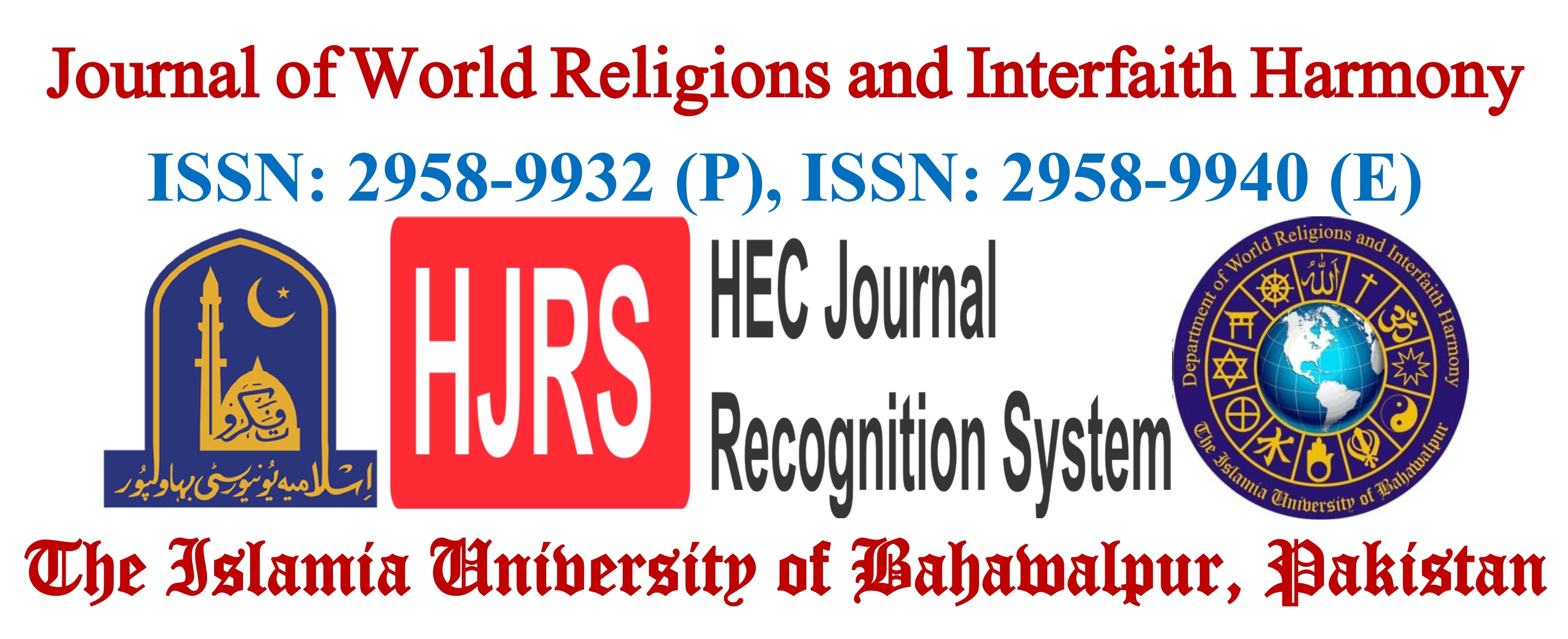Shariah order to the bay’al’ murabaha lil’amiri bi’shira; a review of the arguments of those who say it is not permissible and those who say it is permissible
DOI:
https://doi.org/10.52461/jwrih.v3i1.2768Abstract
Allah Almighty has created man on the basis of good nature and his true happiness is found only in natural things. He is generally pleased in two ways. One by fulfilling his need and the other by fulfilling his desire. Sometimes this need and desire is fulfilled by spiritual things, for example, when someone smiles or speaks well, he gets pleasure and sometimes by real things, for example, when he gets a nice car or a house, etc.There are many means to satisfy needs and desires, but the most important and effective means is wealth. And then the Islamic law also does not forbid a person from fulfilling his needs and desires, but guides him to fulfill his needs and desires in natural and legitimate ways so that the nature of his happiness is to be real and useful. But nowadays, many people are unable to fulfill their basic needs due to lack of wealth, even if they fulfill their desires. However, even though he does not have wealth or lacks it, Islamic Shari'ah has guided man in this situation on many natural ways by which he can fulfill his needs and desires. Among them, one of the methods of financial transactions is Bay' al-Murabaha, the contemporary form of which is Bay' al-Murabaha Lil-A’mir Bi’shirah. It is a financial transaction, in which a financially weak person (A'mir) asks another wealthy person or party (Mamor) to buy the desired item in order to get what he needs. And then he promises to buy that item on loan from him at a higher price. In this way, where his need is fulfilled in time, others also get financial benefit. There is no artificiality and affectation in this transaction and it is actually a legitimate alternative to profit on debt. But there is one aspect in it that some scholars and jurists have reservations about it because of the promise made by the A'mir, it causes problems from the Shari'a point of view. Foremost among them is the encroachment of rights and the second is to transact something that does not exist at the moment. What is the status of these problems in this transaction? Do they change the order of this transaction? The review of these considerations is being presented in this scholarly discussion so that the Shariah order of this pledge can be clarified in the true sense.
Downloads
Published
How to Cite
Issue
Section
License
Copyright (c) 2024 Dr. Abdul Rehman, Umme Aymen Abdul Razzaq

This work is licensed under a Creative Commons Attribution-NonCommercial 4.0 International License.






